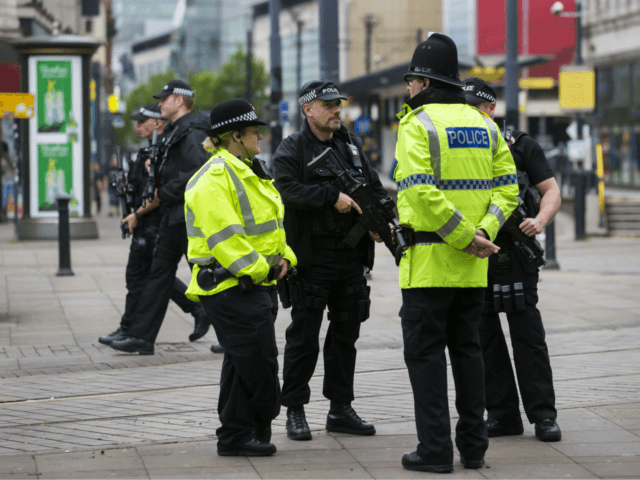Police and intelligence agencies have been told to more closely monitor the 20,000 known jihadist sympathisers and former terror suspects in the UK to help stop future attacks.
The recommendations were made in a report into the attacks in Westminster, Manchester, London Bridge, and Finsbury Park, after claims that more could have been done to stop the attackers.
Counterterrorism police officers and MI5 are expected to be cleared of any serious failings in the official review, The Guardian reports, but have been told to step up monitoring and coordination.
Terrorists in as many as three of the attacks had previously come to the attention of the security services, including London Bridge attacker Khuram Shazad Butt.
Mr. Butt, 27, a British citizen born in Pakistan, had been under investigation since 2015, was linked to notorious hate preacher Anjem Choudary’s extremist network, and was on bail at the time of the attack.
Even Channel 4 documentary makers knew about this suspected London Bridge killer a year ago… https://t.co/YBBLOI3Yeb
— Breitbart London (@BreitbartLondon) June 5, 2017
He even appeared in a 2016 Channel 4 documentary called The Jihadist Next Door about radicals spreading their views on Britain’s streets.
In May of this year, police admitted there are at least 20,000 jihadists and extremists identified as posing a “residual risk” in the UK, as well as the 3,000 currently under investigation.
Recommendations in the report are expected to include better co-operation between MI5 and the police, improved intelligence handling, and closer monitoring of the vast number of extremists in the UK.
It is likely to incorporate tracking the travel movements and online purchases of many of the 20,000 dangerous extremists so intelligence officers can be alerted. Those on the list of former suspects currently have little or no resources dedicated to them.
In the case of Salman Abedi, the bomber who killed 22 people at an Ariane Grande pop concert in Manchester in May, his travel to and from Libya is thought to have been crucial in his radicalisation and bomb-making knowledge.
He allegedly returned to Britain from Libya just days before carrying out the bombing and is thought to have been linked to Islamic State operatives.

COMMENTS
Please let us know if you're having issues with commenting.